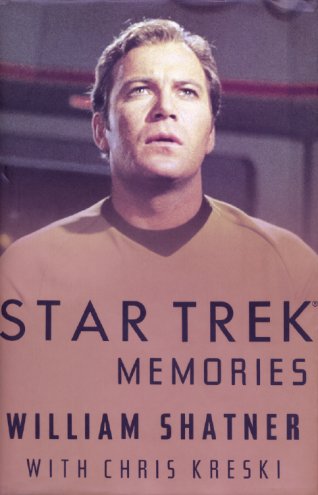Over the years I’ve seen a shift in my preferred ways to intake words.
Ten years ago and more, I read mountains of paperbacks. I started out as a young fella with mass-market paperbacks and by the late 80s and early 90s moved to more trade paperbacks. Through all this, I read only a few hardbacks, mainly just picking up a release day hardcover if there was some book I was particularly anxious for. I didn’t listen to audiobooks or there was no such thing as an ebook.
Today, I’d list my format preferences in this order.
1. Hardcover
I used to hate these. They’re big and heavy, and the dust jacket tends to slip up and down while you’re reading. Now I love them. They tend to be made with better paper. You can read them, loan them, share them, and they still look like new. If I have a book I want to keep, to hold onto and revisit again and again, it must be a nice hardcover. Recently, if I read something in paperback (or listen to it in audiobook) and end up really loving it, I end up purchasing a hardcover so I’ll have a “keeper” version.
2. Ebook
I started off the ebook era strongly opposed to the concept but the format has grown on me. As I read more and more, all kinds of tidbits and rough drafts and articles and e-zines and stuff, I get more used to this and no longer mind it. The best thing is the reduced clutter, if you’re someone who reads a lot. I can see how a full-time book reviewer might focus almost completely on ebook versions. Among these formats, I think EPUB is my favorite, for iPad compatibility. MOBI (for Amazon Kindle) or PDF work just fine too.
3. Audiobook
Many readers don’t consider this “reading” at all, but I do. I have a long commute. My car stereo lets me plug in an iPod full of audiobooks and listen comfortably without headphones. Some kinds of fiction, the more ornate, poetic or obscure I suppose, doesn’t work well when you’re partially distracted by driving. I tend to focus on more mass-market, mainstream or young adult fiction in audio format. Something like The Hunger Games, or a novel by Stephen King or Tom Clancy, is just about perfect. It’s engaging enough to make the drive seem to go by faster, but if my attention lapses for 1/2 second I won’t end up losing all track of the story.
4. Trade paperback
I used to love this format above all others. The late eighties and early nineties, when I read perhaps more than I ever have (finishing up a lit degree and just getting started writing serious fiction), this format was booming. I loved those Vintage Contemporaries by Raymond Carver, Nicholson Baker, Frederick Exley, Jonathan Carroll. This made for an attractive and classy paperback, more economical than a hardcover and also smaller and lighter.
5. Mass-market paperback
These used to form the bulk of my book collection, and I’m sure they still constitute a big percentage of the books sold in the world, even today. This cheap, junky format has given me countless thousands of hours of pleasure, enlightenment and escape. Thanks for all you’ve done for me, but I’ve moved on. All those mountains of yellowing, pulpy paper are overrunning the house. Piles and piles of Elmore Leonard, Greg Bear, Clive Barker, not to mention all the hundreds of classics any college Lit major accumulates. The format itself is neither aesthetically appealing nor especially durable. What I’ve always really cared about is the content itself. The words. That’s something I can get now from ebooks.
In summary…
My purchases of paperbacks will now be mostly limited to books released in only that format, or books I’m anxious to read on release date that come out in that format first.
For a quick, light or exploratory read, ebooks work just as well as paperbacks, and don’t pile up to the ceiling.
Audiobooks are a perfectly good way to increase one’s word intake, especially with straightforward and easy to follow fiction.
If the book is something I care about enough to want to keep, I love hardcovers.







